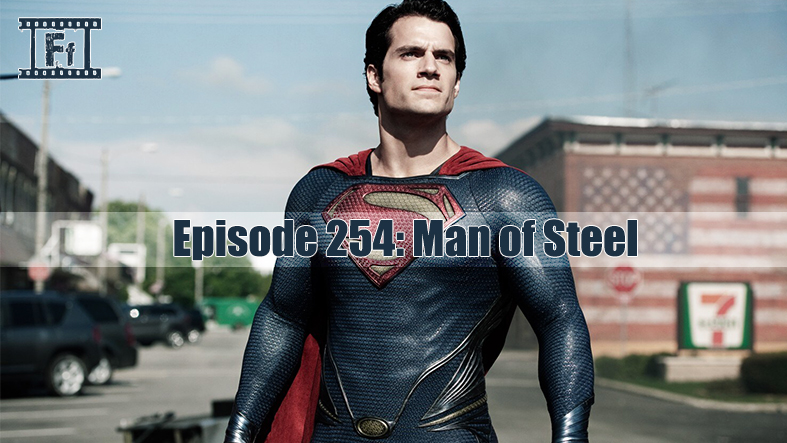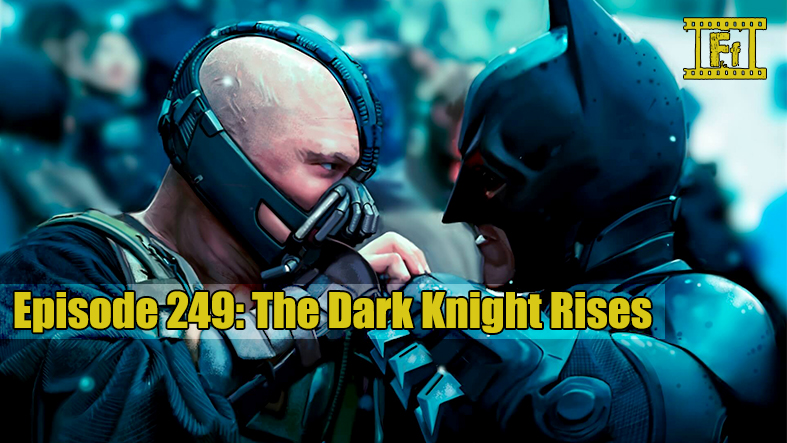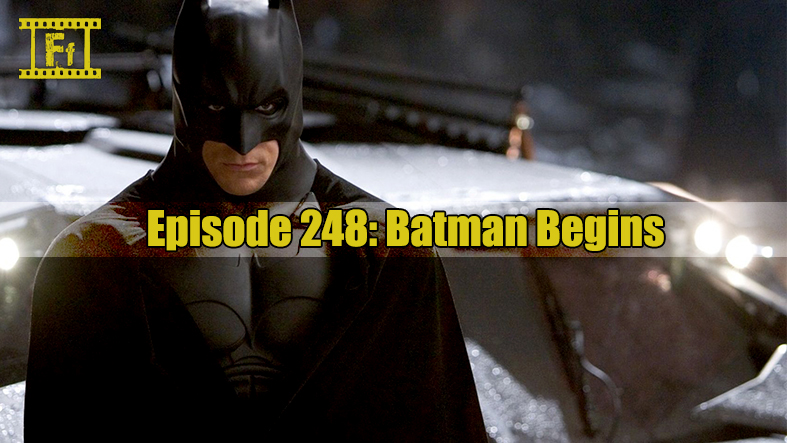LESSON #1: MILLIONAIRES LIKE TO ARGUE WITH BILLIONAIRES AND VICE VERSA— The wake of the Warner Bros. HBO Max initiative raised all kinds of holy Hollywood hell this past week. You’ve got production houses suing the studio for possible breach of contract. You’ve got agents and guild members from actors to filmmakers calling for a boycott or demanding their same box office-based pay rates. You’ve got film prominent film directors, most notably Christopher Nolan, Patty Jenkins, and Denis Villeneuve, lambasting the decision and, naturally, you have people in return lambasting the lambasters. Is this the death of cinema or movie theaters? No, it’s a pause and a pivot. Could things have gone smoother for the studio in terms of communication for all involved? Certainly, but I continue to be stunned that anyone is all that shocked and couldn’t see a move like this coming. The business goal at the core for WB is still sound and necessary for the current landscape of the industry, period. Tough decisions were coming, and a media communication company (AT&T) that bought an expensive big studio made one will still propel itself forward to remain sustainable. Also, last time I checked, everyone pissing and moaning is still filthy rich. Gal Gadot still cashed a fat check. No one is going from the penthouse to the outhouse with these changes. The smart and savvy among them will keep on profiting. I said it last week here and I’ll say it again. This is just the beginning. Watch others follow suit in time, and by time I mean
LESSON #2: DISNEY RUNS THIS MF-ING BLOCK— Warner Bros. moves their whole 2021 theatrical slate to HBO Max and the industry outrage is trumpeted from the mountaintops. By contrast, Disney holds their “Investor Days” presentation (a slick D23 replacement in the time of COVID) that stacks up how Disney+ will become home to 10 Marvel series, 10 Star Wars series, 15 Disney live-action, Disney Animation, and Pixar series and 15 Disney live action, Disney Animation, and Pixar films and everyone cheers. All of WB’s movies are including in the HBO Max subscription price and they still get slammed. At Disney, several titles will have “Premium Access” price tags like Mulan and no one bats an eye. What a telling (and nearly hypocritical, if you ask me) difference! The big-stack-bullying at the poker table of Hollywood is real and Disney is the bull shark. Their execs said it’s about “quality over quantity,” but, hot damn, did that splash the streaming wars pot with an awfully lot of quantity aimed at making a fat quantity in return.
LESSON #3: TOXIC FANS GONNA BE TOXIC— Still, all is never peaceful, even for Disney. Kudos to the success of The Mandalorian stewarded by Dave Filoni and Jon Favreau. They have reinvigorated both the quality and the canon of the Star Wars franchise. However, haters are still gonna hate. There’s a petition going around to remove the sequel trilogy from Star Wars canon. Not liking the trilogy is one thing. I get that, but the entitlement and false sense of ownership from this cross-section of fandom is always off-the-charts and it ruins it for everyone else. Any and all of these things, from prequels and old fan fiction novels to the corporate-controlled new stuff, can be enjoyed just as they are and separately if necessary. The Skywalker Saga sequels are not going away. Let them be. No one is forcing you to watch them if you don’t want to. The entirety of Star Wars isn’t going away either. New creators are going to add and grow the universe as it goes. Just look at all that dropped at Investor Days. Look further than the big screen and discover all the tangential creativity that has been going for over 40 years and beyond.
LESSON #4: SOME MERGERS MAKE PERFECT SENSE IF THEY WOULD JUST PULL THE TRIGGER— When Disney bought out Fox a few years ago, they gained controlling majority ownership of Hulu and planned to buy Comcast out of the rest. They acquired that property right around the time they were already in development of their planned Disney+ platform. The smart play then would have had Disney+ slide right into the existing functions of Hulu Plus, but Disney wanted their own family-minded brand identity separate from Hulu’s adult-skewing content. They went with the “why not both” GIF instead of combining strength in numbers. Now, nearly two years later, that merger may finally happen according to sources on Collider. If it finally comes to pass, it would be a smart play and one I predicted in this column last week with the ongoing streaming wars. Hulu gives Disney a mature arm to finally get some use out of their not-so-family-friendly Fox acquisitions. It would be damn nice to see Alien or Predator in some streaming 4K instead of being locked in a radiation vault at the Mouse House. In other purchases and acquisitions news, you have to love Sony buying anime streamer Crunchyroll. That’s an apt match as well, hopefully giving anime a higher profile. Oh, and who got that $1.175 billion from Sony? AT&T, the parent company of Warner Bros. and HBO Max. The rich get richer.
LESSON #5: MANK IS A SPRINGBOARD TO EXPANDED LEARNING— Love or hate the newest David Fincher film (feelings are certainly mixed here at Feelin’ Film), the legend surrounding Citizen Kane has filled cinema history now for nearly 80 years. If Mank stupefied you a little or if it inspired you to learn more about Orson Welles, movies studios, and more, then it worked as the fable and springboard it sought out to be. Now, if you don’t know where to start, check out this excellent piece from Chicago-based writer/critic Nick Allen writing for Vulture. His comprehensive article outlines what to watch, read, and listen to after Mank, and the curated selections range from feature films and documentaries to books and podcasts. Enjoy a deep dive in Golden Era Hollywood history.
LESSON #6: SURPRISE, SURPRISE, THE OSCARS DON’T UNDERSTAND PRESENT LANDSCAPES— Speaking of golden things, while the hiring of the dextrous and cinema believer filmmaker Steven Soderbergh counts a modern and inspired choice to produce the Oscar, the Academy still can’t read the room or, in this case, the who damn country. Word around the campfire is they are still insisting on doing an in-person awards show. Imagining that scenario begs a couple of superficial questions. Does Hugo Boss design masks for tuxedos? Can Cartier affix gemstones to masks to match gowns? What would the Dolby Theatre look like with socially distant seating? Then there’s the serious question. Who in their right mind is going to encourage a fan-less crowd and red carpet just to celebrate themselves with some awards in an asterisk year? Soderbergh loves to shoot movies lately on iPhones. Maybe he can get Zoom to sponsor the shindig and leave everyone at home.
LESSON #7: IF YOU THINK AMERICANS ARE SENSITIVE, GO CHECK ON CHINA— This country just finished a very combative presidential election that culminated years of snowflake-y and facist-ish labels slung by both political slides. Public relations teams for any missteps tended to outrun the #cancel culture, where Twitter kept on churning and nothing really got shelved or banned. If you think we’re harsh, go look at China. One off-color reference in Paul W.S. Anderson’s Monster Hunter and an entire country shuts the movie out after its premiere. That’s a level of strict conservatism and backlash that we’re not even close to here in the U.S. Thank your lucky stars-and-stripes you live here.
LESSON #8: EDUCATE YOURSELVES ON FILM NUDITY— In the closing recommendation slot this week, I’ll shuck the prudent content massively filling holiday time airwaves right now to talk about some hot and sexy bodies instead. Amazon Prime has a new expansive two-hour-plus documentary entitled Skin: A History of Nudity in the Movies. It’s a fascinating look at that aspect of entertainment and art. Ian Simmons, a YouTube and podcast colleague of mine who hosts Kicking the Seat, gave the doc a spin and came out with high appreciation. Shoo away the censors, call off the morality police, and learn something about movies while you Netflix-and-chill your way from Christmas snuggling to melted snow.
 DON SHANAHAN is a Chicago-based and Rotten Tomatoes-approved film critic writing on his website Every Movie Has a Lesson. His movie review work is also published on 25YL (25 Years Later), Horror Obsessive, and also on Medium.com for the MovieTime Guru publication. As an educator by day, Don writes his movie reviews with life lessons in mind, from the serious to the farcical. He is a proud director and one of the founders of the Chicago Independent Film Critics Circle and a member of the nationally-recognized Online Film Critics Society. As a contributor here on Feelin’ Film now for over two years, he’s going to expand those lessons to current movie news and trends while chipping in with guest spots and co-hosting duties, including the previous “Connecting with Classics” podcasts. Find “Every Movie Has a Lesson” on Facebook, Twitter, and Medium to follow his work. (#149)
DON SHANAHAN is a Chicago-based and Rotten Tomatoes-approved film critic writing on his website Every Movie Has a Lesson. His movie review work is also published on 25YL (25 Years Later), Horror Obsessive, and also on Medium.com for the MovieTime Guru publication. As an educator by day, Don writes his movie reviews with life lessons in mind, from the serious to the farcical. He is a proud director and one of the founders of the Chicago Independent Film Critics Circle and a member of the nationally-recognized Online Film Critics Society. As a contributor here on Feelin’ Film now for over two years, he’s going to expand those lessons to current movie news and trends while chipping in with guest spots and co-hosting duties, including the previous “Connecting with Classics” podcasts. Find “Every Movie Has a Lesson” on Facebook, Twitter, and Medium to follow his work. (#149)


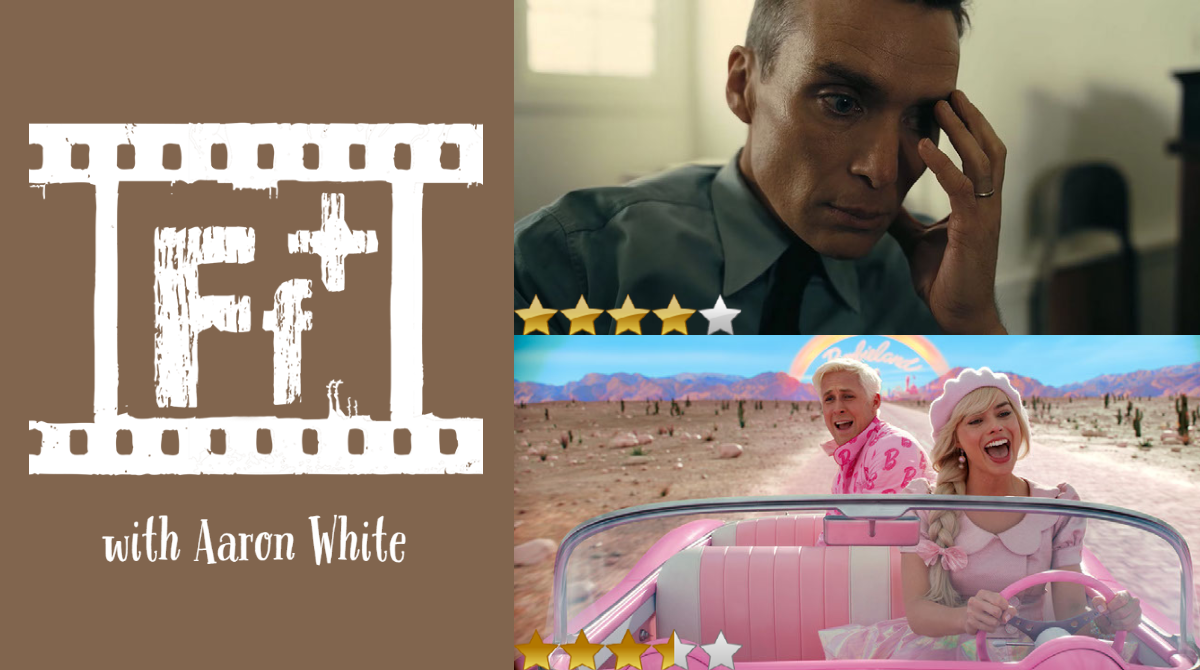


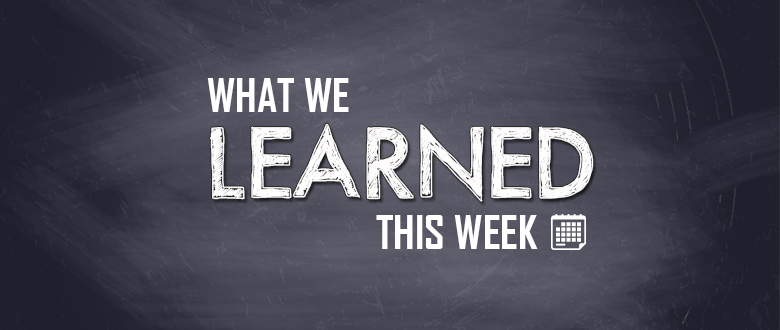
 DON SHANAHAN
DON SHANAHAN